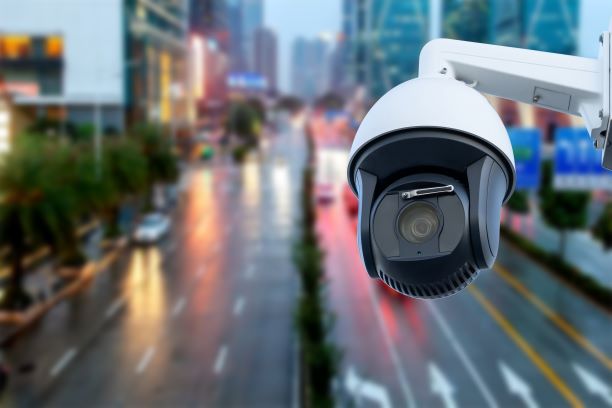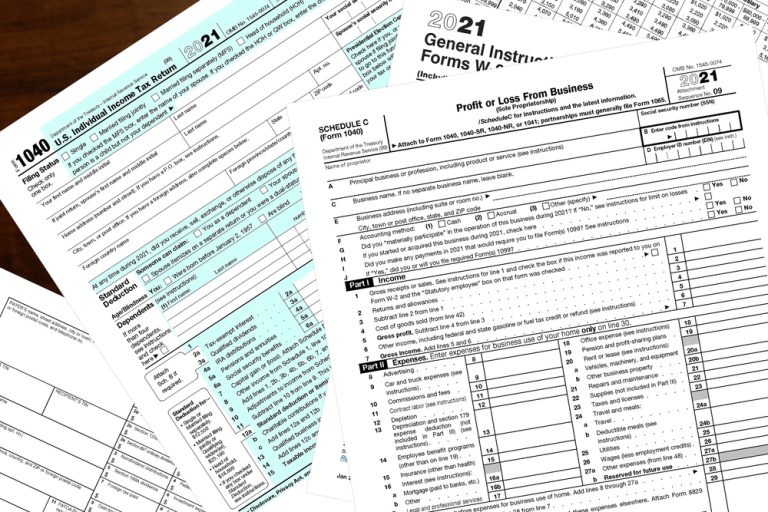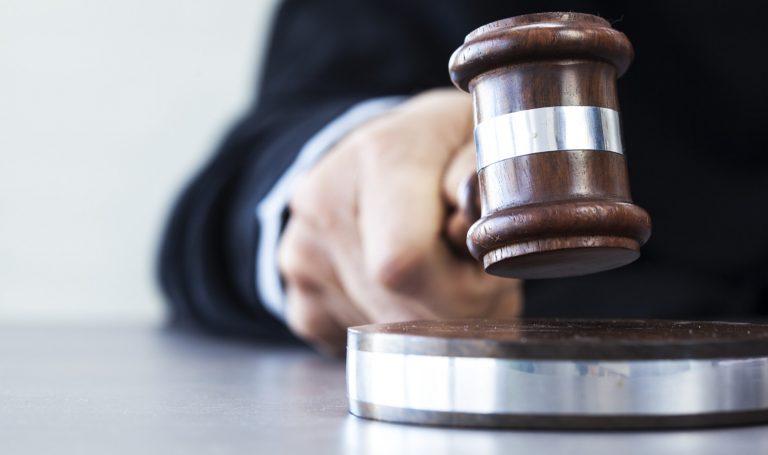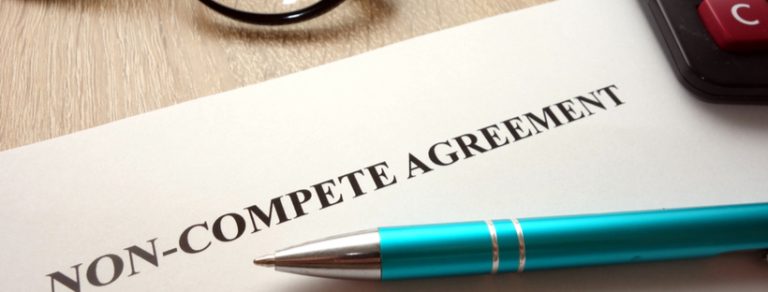In Reversal of Prior Opinion, Florida Supreme Court Adopts Daubert Standard, Rejects Frye
In Reversal of Prior Opinion, Florida Supreme Court Adopts Daubert Standard, Rejects Frye
Today, in a sudden reversal of direction, the Supreme Court of Florida receded from its rejection of the Daubert standard for expert testimony and ruled that, effective immediately, Daubert is now the governing standard in Florida for admissibility of expert testimony. In re Amendments to the Florida Evidence Code, No. SC19-107, May 23, 2019. In a divided ruling, the Court adopted Daubert as a procedural rule of evidence in Florida courts. The Supreme Court’s reversal occurred after three of the four Justices that had previously rejected Daubert—Justices Pariente, Lewis, and Quince—retired in January 2019 and were replaced by Governor DeSantis’ appointees, Justices Lagoa, Muñiz, and Luck.
The Court’s ruling is the latest development in a long running dispute regarding whether the modern Daubert standard or the older, more lenient Frye standard should be the governing rule in Florida for admissibility of expert testimony. In 2013, the Florida Legislature adopted amendments to the Florida Evidence Code to bring Florida in line with federal courts and a majority of other states that follow Daubert. However, in 2017, the Florida Supreme Court declined to adopt the Daubert Amendment as a rule of court, to the extent it was procedural. In Re: Amendments to the Florida Evidence Code, No. SC16-181, February 16, 2017.
The Court then accepted discretionary-review jurisdiction to determine the constitutionality of the Daubert Amendment in DeLisle v. Crane Co., et al., and ruled that the Florida Legislature overstepped its authority in enacting the Daubert Amendment, returning Florida to the Frye standard. DeLisle v. Crane Co., et al., No. SC16-2182, October 15, 2018. In that decision, the Court ruled that the adoption of Daubert or Frye as the law in Florida was a matter of procedure solely within the authority of the Court, and that the Daubert Amendment conflicted with the Frye rule previously adopted by the Court. (For additional background, see Florida Supreme Court to Rule on Constitutionality of Daubert Standard; Daubert Under the Microscope Again by Florida Courts, Florida Supreme Court Hears Argument on Daubert Standard, and Florida Supreme Court Rejects Daubert, Returns Florida to Frye Standard.
The Florida Supreme Court has now reversed its February 2017 rules decision that declined to adopt the Daubert Amendment as a rule of court. The Court based its latest decision on its “exclusive rulemaking authority” under the Florida Constitution. It did not revisit the ruling in DeLisle, and instead adopted the Daubert Amendment as a procedural rule of evidence. The decision also does not address “constitutional or other substantive concerns that have been raised about the amendments [which] must be left for a proper case or controversy.”
Notably, the Court revisited its February 2017 rules decision without requiring repetition of the rule-making process of obtaining reports from the Florida Bar’s Code and Rules of Evidence Committee, public comments, recommendation of the Board of Governors of The Florida Bar, and oral argument. Instead, the Court noted that there was “extensive briefing and arguments in this issue previously made to the Court,” and revisiting this process was not in the interest of conserving resources of parties, members of The Florida Bar, and the judiciary. The per curiam decision is joined by Chief Justice Canady, Justices Polston, Lawson, and newly appointed Justices Lagoa and Muñiz.
Newly appointed Justice Luck, although expressing his agreement with the decision to adopt Daubert, filed a lengthy dissenting opinion arguing that the Court did not follow the proper pathway to reach its ruling. First, he argued that the Court must follow the comment and review procedures under Florida Rule of Judicial Administration 2.140 before revisiting its previous rules decision, and could not rely on the Court’s inherent authority to adopt rules of procedure or the earlier rulemaking process that led to the February 2017 rules decision. In his view, the Rule 2.140 process is mandatory, and bypassing it here suggests that the Court’s “rules cases are never final” and can always be reconsidered. Second, he expressed his view that the Daubert Amendment is a substantive rule of law that was within the authority of the Florida Legislature—not the Court—and argued that the Supreme Court should wait for a proper case or controversy to revisit the ruling in DeLisle.
In a special concurrence, Justice Lawson responded to Justice Luck’s concerns. He argued that the Rule 2.140 process was followed leading up to the February 2017 rules decision, and that nothing in the text of the rule prohibits the Court from reconsidering its earlier decision. Justice Lawson also cited the Court’s inherent constitutional authority to amend its own rules, which is recognized in the Court’s internal operating procedures, as well as other instances in which the Court bypassed the Rule 2.140 process.
Justice Labarga, who joined in the Court’s prior decisions rejecting Daubert, filed a dissenting opinion setting out his view that “Frye is the superior standard for determining the reliability of expert testimony.” While acknowledging that the constitutionality of Daubert must be reserved for a proper case or controversy, he cited concerns that Daubert will “negatively impact constitutional rights” by precluding pure opinion testimony and usurping the jury’s role in evaluating competing expert testimony. He also cited concerns that the broader applicability of Daubert, which unlike Frye is not limited to opinions based on new or novel science, would overburden the judiciary and negatively impact access to Florida courts.
The Court’s ruling is effective immediately and makes Daubert the standard going forward in Florida.








